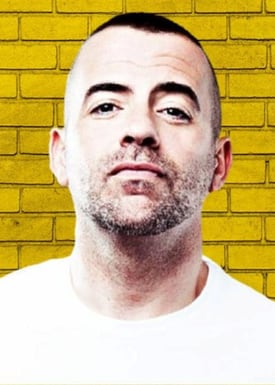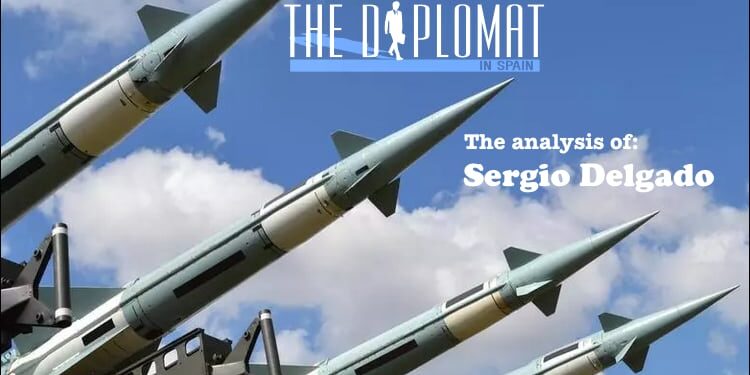In an increasingly uncertain geopolitical context, Europe has decided to take strong measures to strengthen its defense. The Rearm Europe plan, promoted by several European Union countries, seeks to modernize and expand the continent’s military capabilities in the face of potential threats, especially in the wake of Russia’s invasion of Ukraine. And in this context, how much would it cost Europeans to have their own nuclear weapon?
Sergio Delgado Martorell / Escudo Digital
The Rearm Europe plan is an initiative that comes as a direct response to Vladimir Putin’s aggressive foreign policy. Following the invasion of Ukraine in 2022, many European countries have felt the need to reinforce their defenses.
This plan includes not only the purchase of conventional weaponry, such as tanks and fighter jets, but also the modernization of anti-aircraft and cyber defense systems.
It has also revived the debate on the possibility of some European countries developing their own nuclear weapons.
In particular, Spain, as an active member of NATO and the European Union, has shown its commitment to this plan. The Spanish government has announced significant investments in defense, although so far it has not mentioned the possibility of developing nuclear weapons.
However, the debate on nuclear deterrence continues to rage in Europe, especially in countries such as France, which already has its own arsenal.
How much does it cost to manufacture a nuclear weapon?
Making a nuclear weapon is neither simple nor cheap. According to rough estimates, the initial cost of developing a basic atomic bomb can exceed 1 billion euros.
This cost includes scientific research, the construction of specialized facilities and the acquisition of materials such as enriched uranium or plutonium. In addition, a highly qualified team is required, which adds costs in salaries and training.
Once manufactured, a nuclear weapon requires constant maintenance to ensure its effectiveness and safety. It is estimated that the annual cost of maintaining a nuclear arsenal can reach 100 million euros per weapon.
This includes regular inspection of the devices, modernization of the technology and security of the facilities where they are stored. In addition, countries with nuclear weapons must invest in delivery systems, such as ballistic missiles or strategic aircraft, which further increases costs.
Nuclear weapons versus conventional weaponry
While the cost of manufacturing and maintaining nuclear weapons is extremely high, so is the cost of other defense systems. For example, a state-of-the-art fighter jet, such as the F-35, can cost more than 80 million euros per unit.
However, the deterrent power of a nuclear weapon is incomparable, which justifies its high cost for some countries.
Even so, many experts argue that investing in conventional armaments and collective defense systems, such as those of NATO, can be more efficient and less risky.
Spain, for the time being, has chosen to prioritize the modernization of its conventional armed forces. According to the Rearm Europe plan, the country plans to invest in the purchase of new ships, aircraft and air defense systems.
Although the possibility of developing nuclear weapons has not been seriously considered, the debate is still open in other European countries, especially those seeking greater defense independence.
Nuclear deterrence as a strategy
The possession of nuclear weapons has not only economic, but also political and ethical implications. On the one hand, it is argued that these weapons act as a deterrent, preventing large-scale conflicts.
On the other hand, their existence represents a constant risk to global security, especially in a context of growing international tensions.
Moreover, the development of nuclear weapons by more countries could further destabilize the geopolitical balance.
In a scenario where countries such as Russia and North Korea continue to expand their arsenals, some Europeans are wondering whether it is time to reconsider their position. Is it time for Europe to take one more nuclear step?
Sergio Delgado Martorell
Journalist
Specialist in digital marketing as a documentary filmmaker with long experience. He has worked in television, radio, magazines, web portals, where he made reports, articles, interviews, advertorials, and has managed the communication of companies. Specialized in technology, cybersecurity and innovation and interested in stories worth telling.







